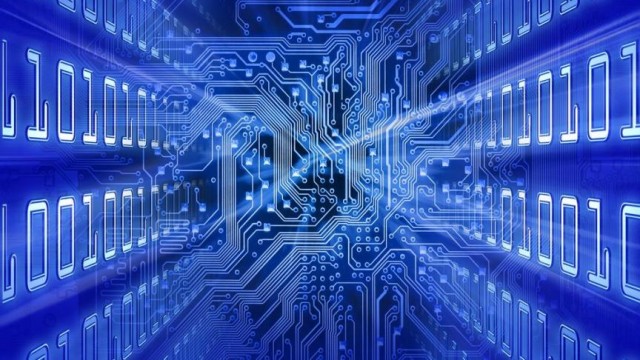Digital Supply Chain, Copyrights, Patents And The Legal Implication
The digital supply chain is a new media term which encompasses the process of the delivery of digital media, be it music or video, by electronic means, from the point of origin (content provider) to destination (consumer)(https://en.wikipedia.org/wiki/Digital_supply_chain).
The basic question that arises through this chain is whether there any legal implications to be aware of, or is it just a simple thing to transmit the delivery of digital media from one end to other – what could possibly could go wrong in this that might have legal implications?
Digital progress brings many benefits and positive outcomes, but the dependence on complex computer systems and data centers brings a number of security challenges.
The legal implications that may have an impact on this chain would be the content that is being transmitted whether is acquired through legal rights. In this age of technology, trademarks and intellectual property, it is the order of the day for any company to have its trademarks and intellectual property registered before anyone copies them, or applies them before the original owner does.
Digital Rights Management and Piracy: Another important aspect is the process of encrypting the content so that it is played through a proper license which is often acquired via purchase of content or subscription. This reduces the possibility of media being pirated.
The security of data is also an important aspect to be taken care of. Agreements with respect to security management should be in place, along with proper service level agreements, and intrusions need to be blocked. With global technology, information and communication system changing rapidly, more vigilance is required to develop solutions to cater to the challenges of security threats before it becomes too late, allowing adversaries to compromise data any further or to conduct attacks.
From a content provider perspective, the listing of details of various programs, including music albums, videos and other copyrighted materials, to the end consumer, should be obtained and transmitted through legal means. Artists and production houses also need to make sure that their content comes under the ambit of intellectual property to gain any royalty against their works.
UNCITRAL Model Law on Electronic Commerce was adopted in 1996 and purports to enable and facilitate commerce conducted using electronic means by providing national legislators with a set of internationally acceptable rules aimed at removing legal obstacles and increasing legal predictability for electronic commerce (http://www.uncitral.org/uncitral/en/uncitral_texts/electronic_commerce/1996Model.html).
In Pakistan, copyrights and intellectual property laws (Copyright Ordinance 1962; http://ipo.gov.pk/Copyright/Downloads/Copyright_Ordinance_1962__update.pdf) are in place but need to be adhered to and applied more often, keeping in view the technological changes that are being implemented.
The views expressed in this article are those of the author and do not necessarily represent the views of CourtingTheLaw.com or any other organization with which he might be associated.


